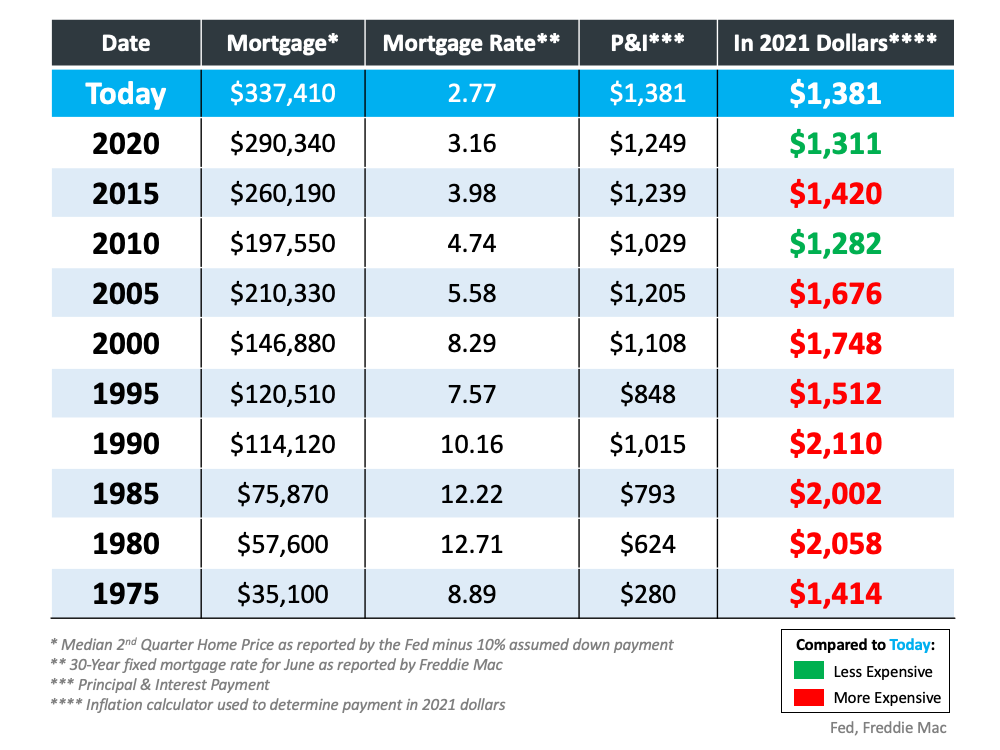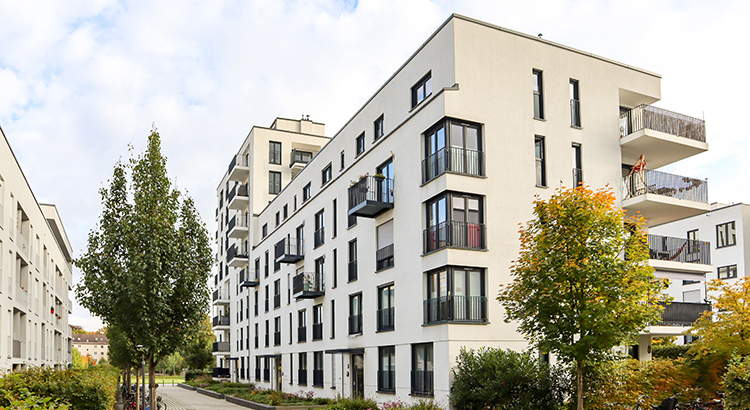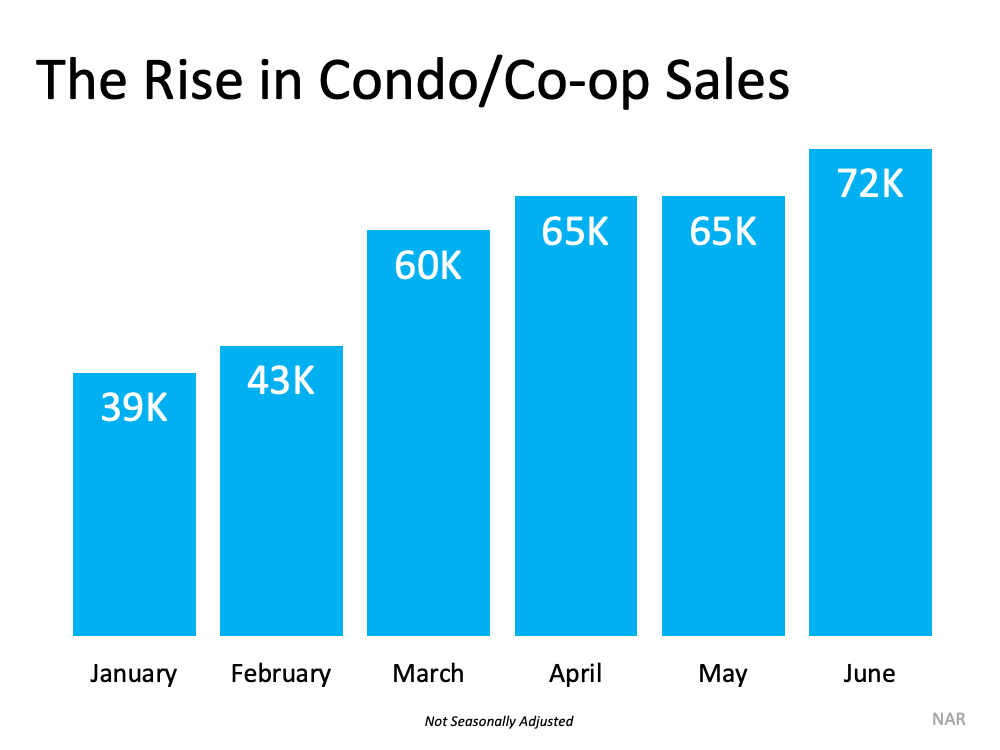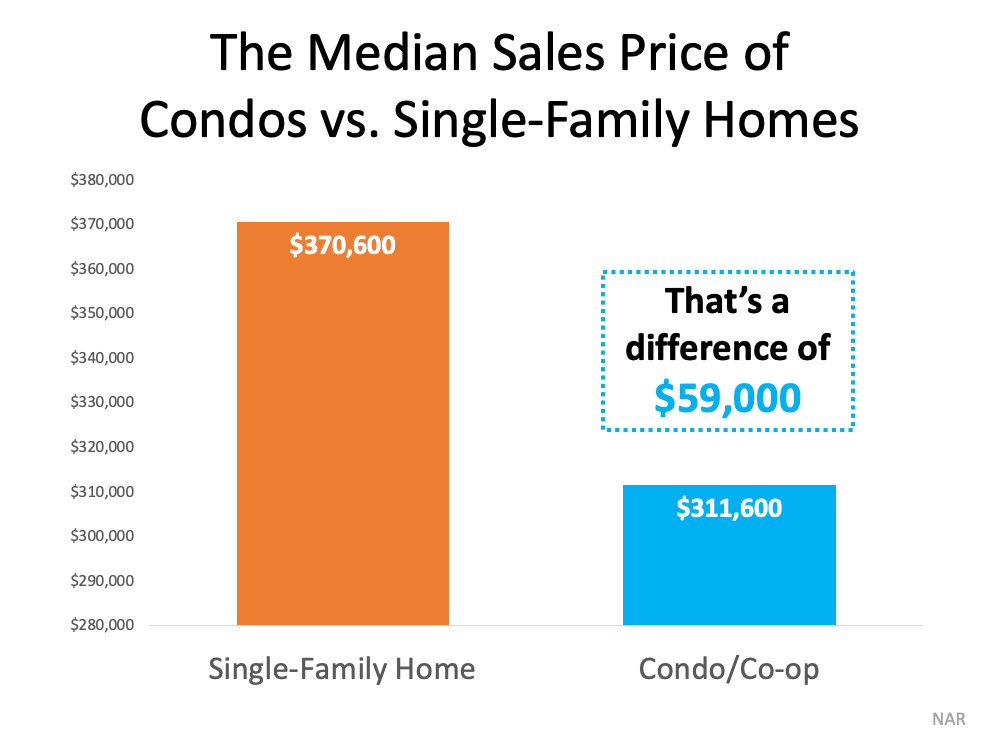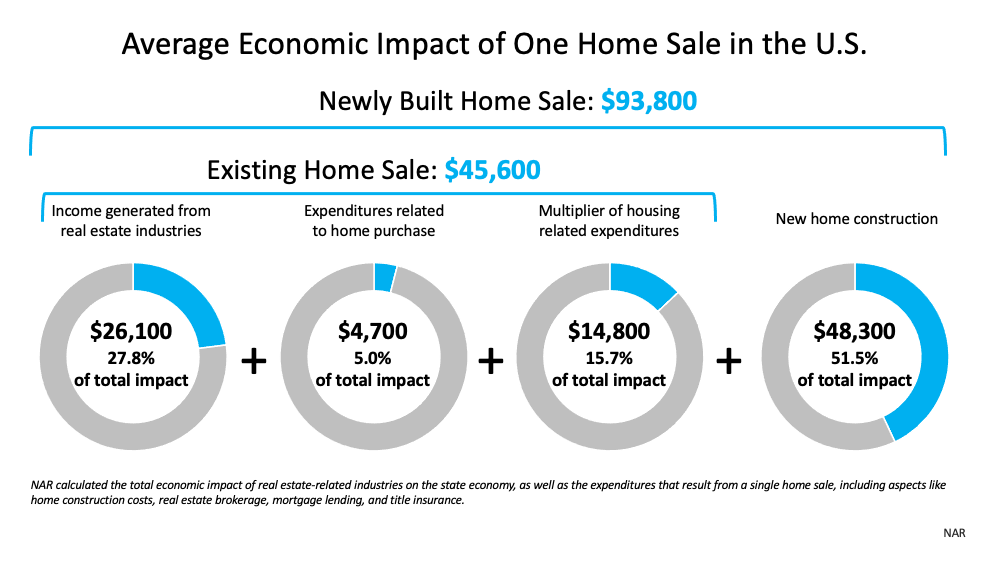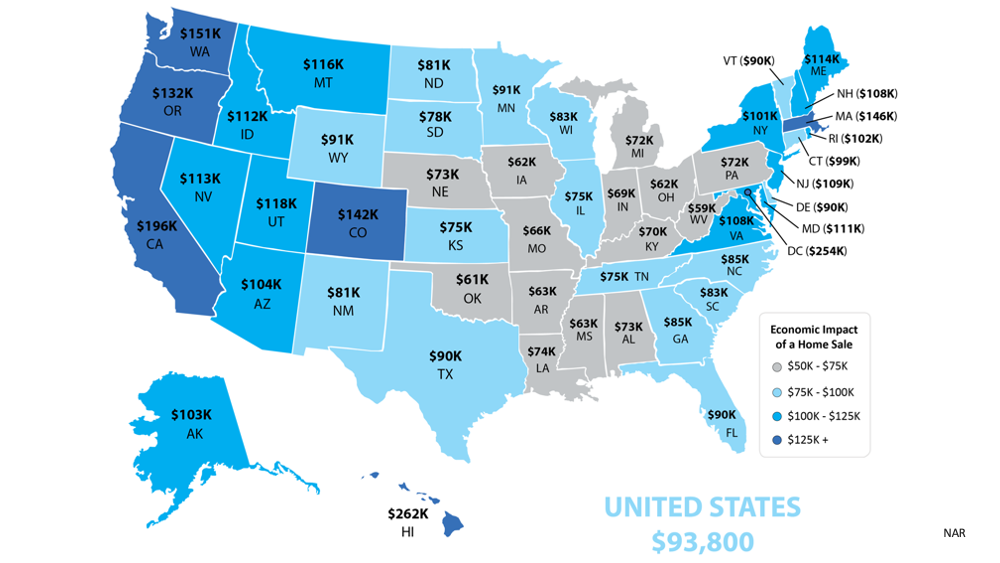What Does Being in a Sellers’ Market Mean?

Whether or not you’ve been following the real estate industry lately, there’s a good chance you’ve heard we’re in a serious sellers’ market. But what does that really mean? And why are conditions today so good for people who want to list their house?
It starts with the number of houses available for sale. The latest Existing Home Sales Report from the National Association of Realtors (NAR) shows housing supply is still astonishingly low. Today, we have a 2.6-month supply of homes at the current sales pace. Historically, a 6-month supply is necessary for a ‘normal’ or ‘neutral’ market in which there are enough homes available for active buyers (see graph below):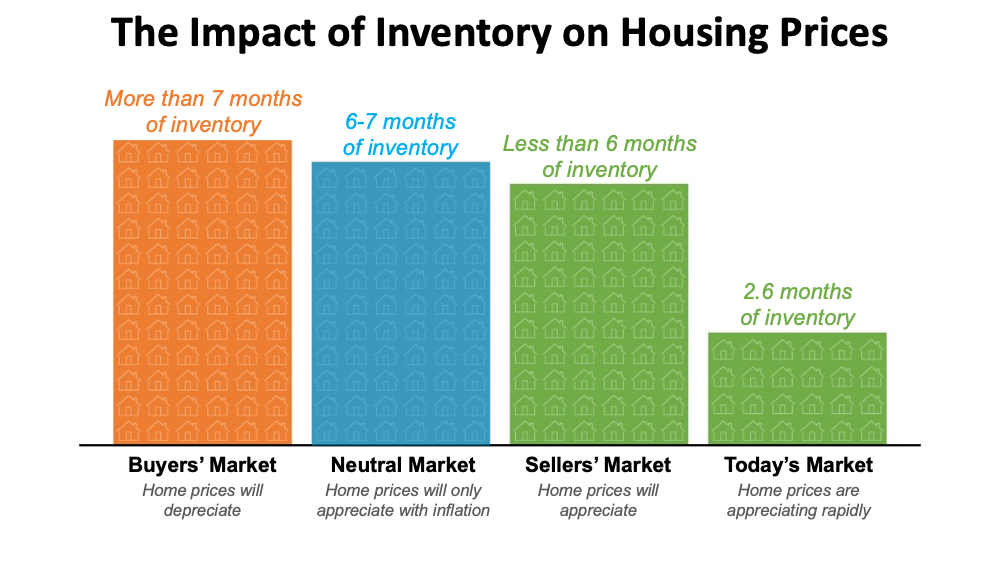 When the supply of houses for sale is as low as it is right now, it’s much harder for buyers to find homes to purchase. That creates increased competition among purchasers which leads to more bidding wars. And if buyers know they may be entering a bidding war, they’re going to do their best to submit a very attractive offer. As this happens, home prices rise, and sellers are in the best position to negotiate deals that meet their ideal terms.
When the supply of houses for sale is as low as it is right now, it’s much harder for buyers to find homes to purchase. That creates increased competition among purchasers which leads to more bidding wars. And if buyers know they may be entering a bidding war, they’re going to do their best to submit a very attractive offer. As this happens, home prices rise, and sellers are in the best position to negotiate deals that meet their ideal terms.
Right now, there are many buyers who are ready, willing, and able to purchase a home. Low mortgage rates and the ongoing rise in remote work have prompted buyers to think differently about where they live – and they’re taking action. If you put your house on the market while supply is still low, it will likely get a lot of attention from competitive buyers.
Bottom Line
Today’s ultimate sellers’ market holds great opportunities for homeowners ready to make a move. Listing your house now will maximize your exposure to serious buyers who will actively compete against each other to purchase it. Let’s connect to discuss how to jumpstart the selling process.

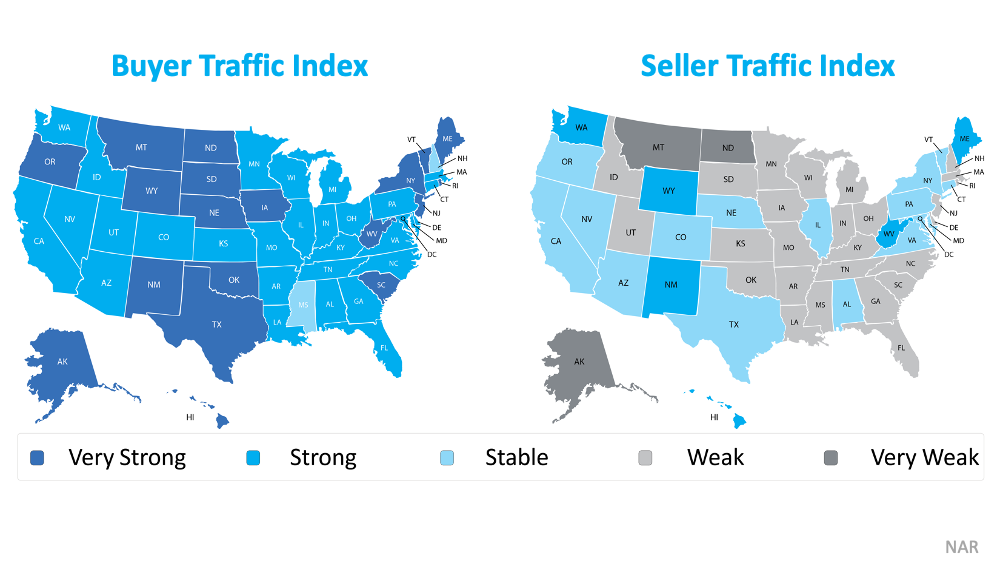
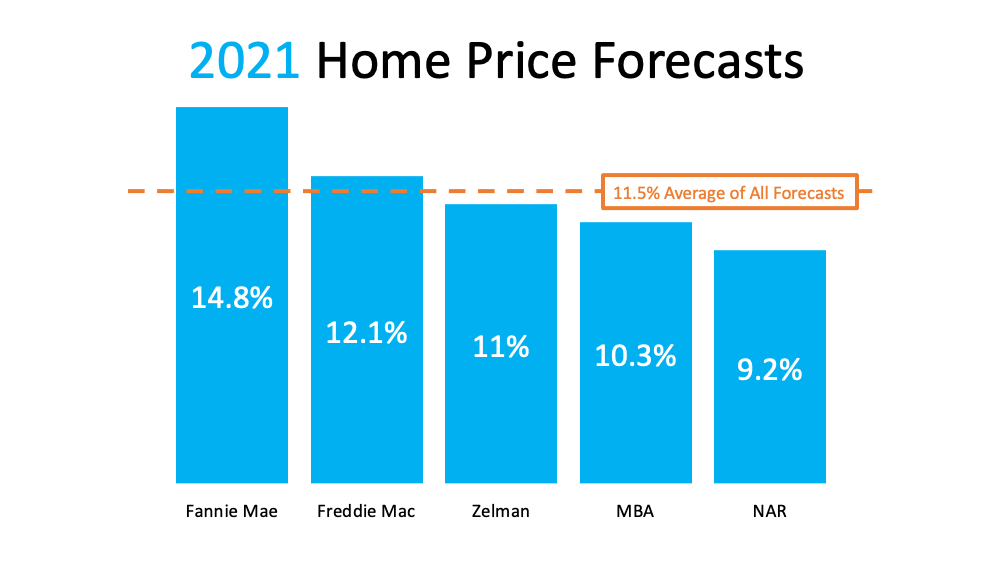
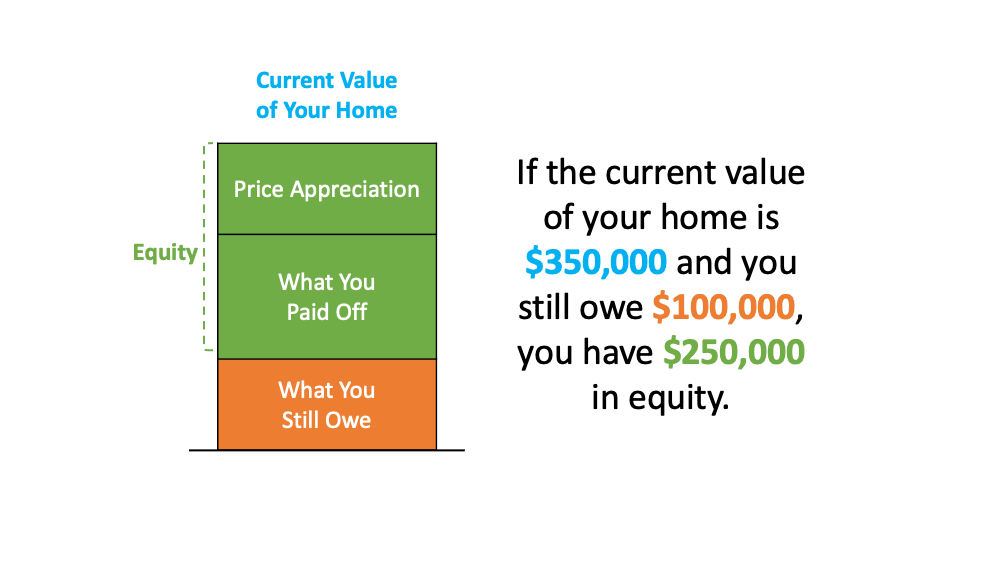
![Sellers Are in a Sweet Spot [INFOGRAPHIC] | MyKCM](https://files.mykcm.com/2021/08/12132433/20210806-MEM-1-1046x2364.png)


